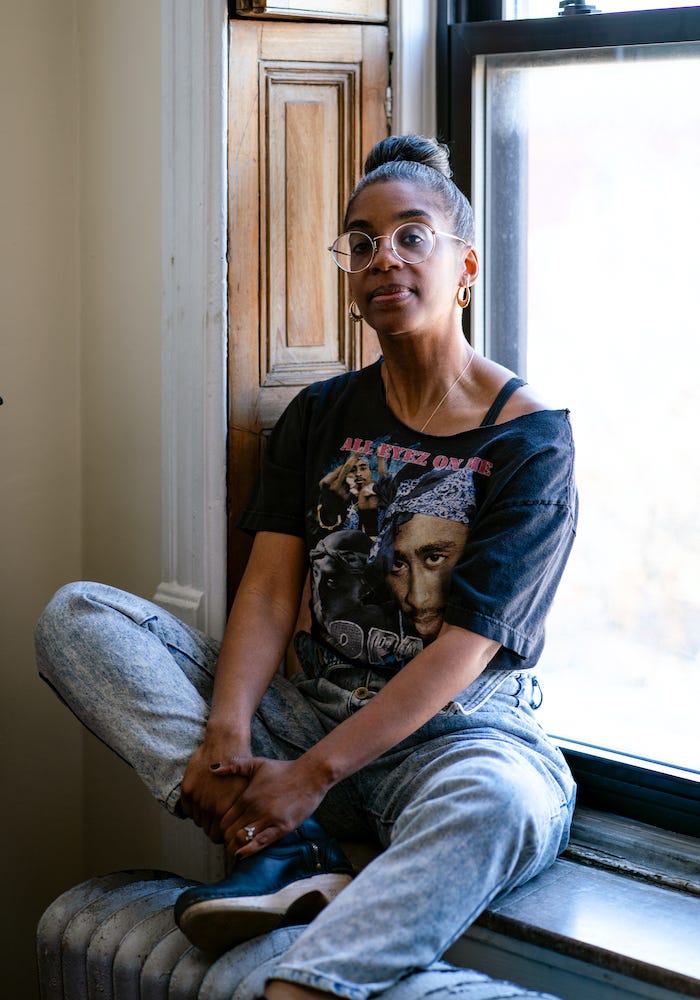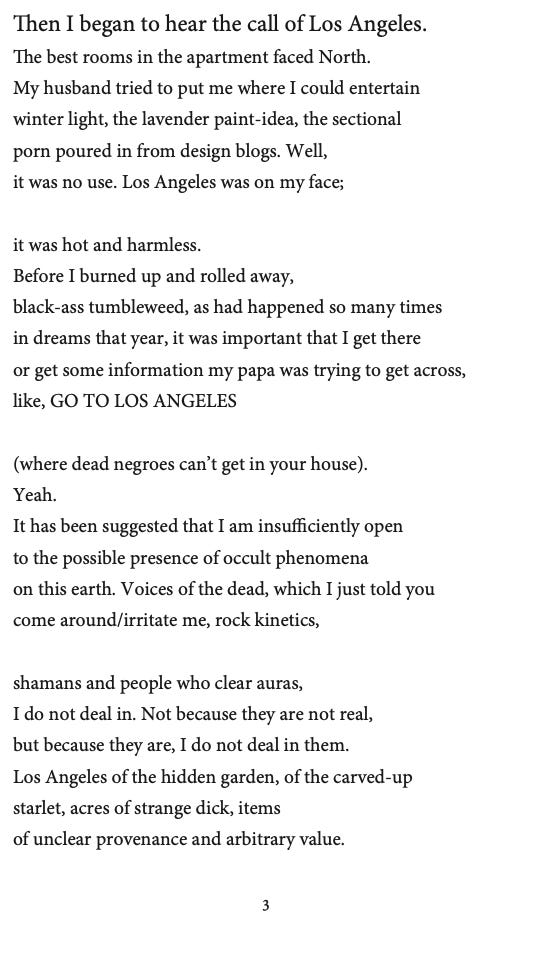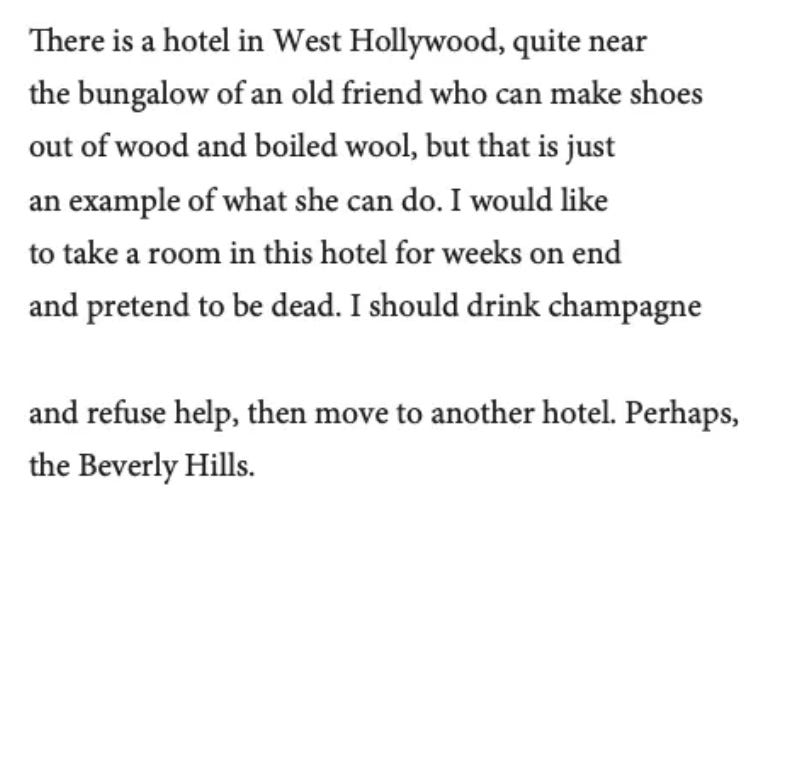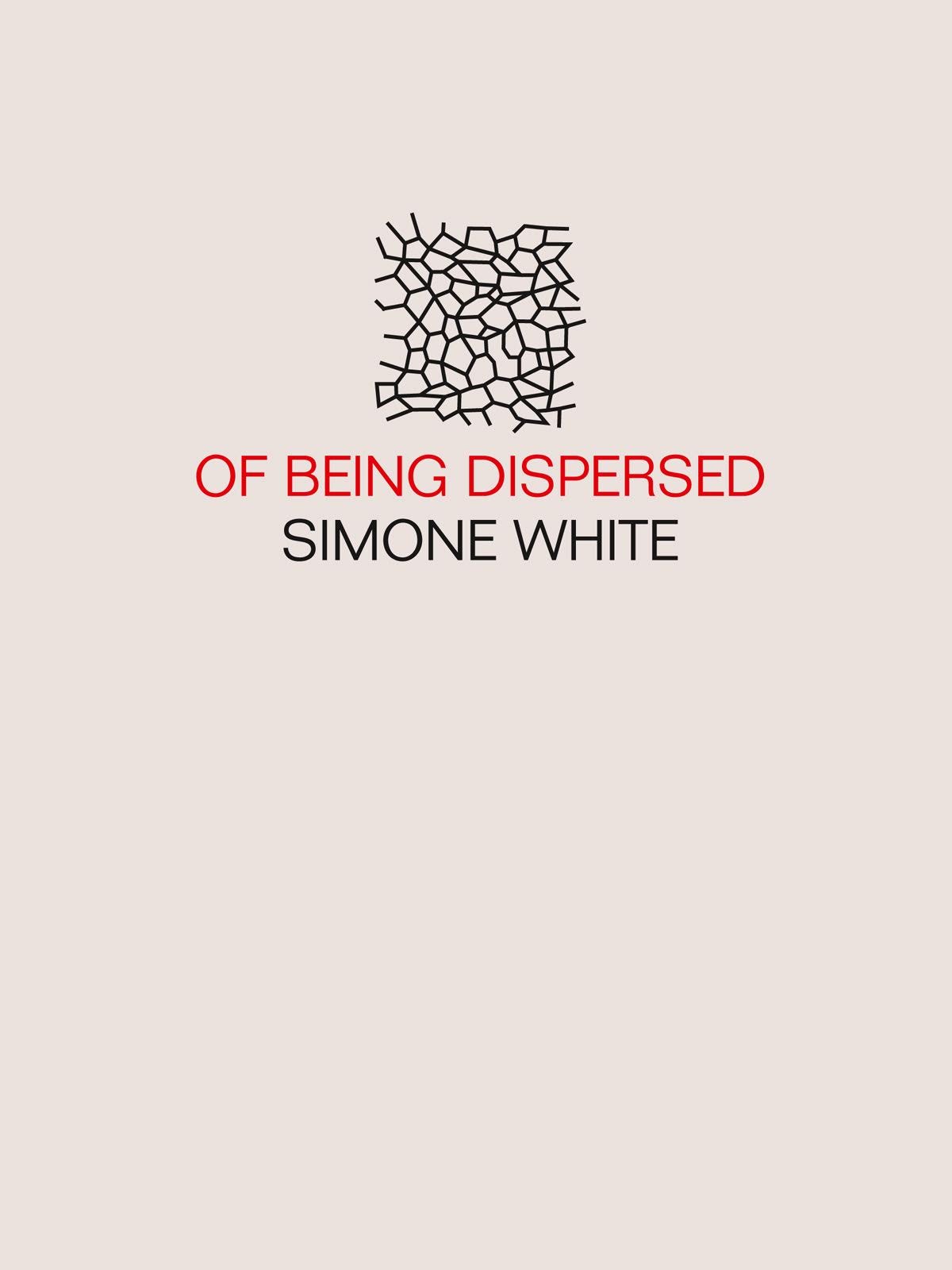Below is the first poem I read really closely by Simone White, one of the living poets I continue to feel awed by. It’s a poem from her iconic collection Of Being Dispersed (Futurepoem Books, 2016) placed at the very beginning. It has the prefatory power of an opening statement in a court case; or a pilot episode to a long running series you will binge; the first chord struck in a power ballad.
The poem looks untitled but is not, its title being that top line that’s almost printed like a normal sentence save for its slightly larger font: “Then I began to hear the call of Los Angeles.” What is the call of Los Angeles? Is it the fame, the hype, the dream factory that is skewered so often in late David Lynch? Is it the queer eccentric parties that always seem to be happening but fail to somehow make LA in the public imagination a queer city in the way New York and Berlin obviously are? It’s an easy yet complicated question. City of race riots; land grab; Western expansion; tinsel town.
Here’s the poem in full (be warned—I consider it a masterpiece):
To create a new style—or your own style—is extremely difficult, let alone rare, for a lyric poet. In this poem, I recognized an incredibly assured and unique poetic voice. To use that clumsy terminology. But as Alice Notley has said in her essay collection, yes, the creation (finding) of voice—what’s more important for a poet? How shall I sound as a writer is the existential equivalent of how shall I be.
The title of the book, Of Being Dispersed, is a helpful way to begin hearing this poem. It summons immediately two things. The first is George Oppen’s famous book/poem called “Of Being Numerous,” which he wrote after a long poetic silence (nearly sixteen years, I believe). The poem professes a distinctly American, post-Whitmanian vision of multiplicity as part of what it means to live, work, love in a modern city. The long arc of the poem’s sequences of fragments, elliptical historical allusions, as well as postmodernist elegies. The word “city” is incredible important to Oppen:





